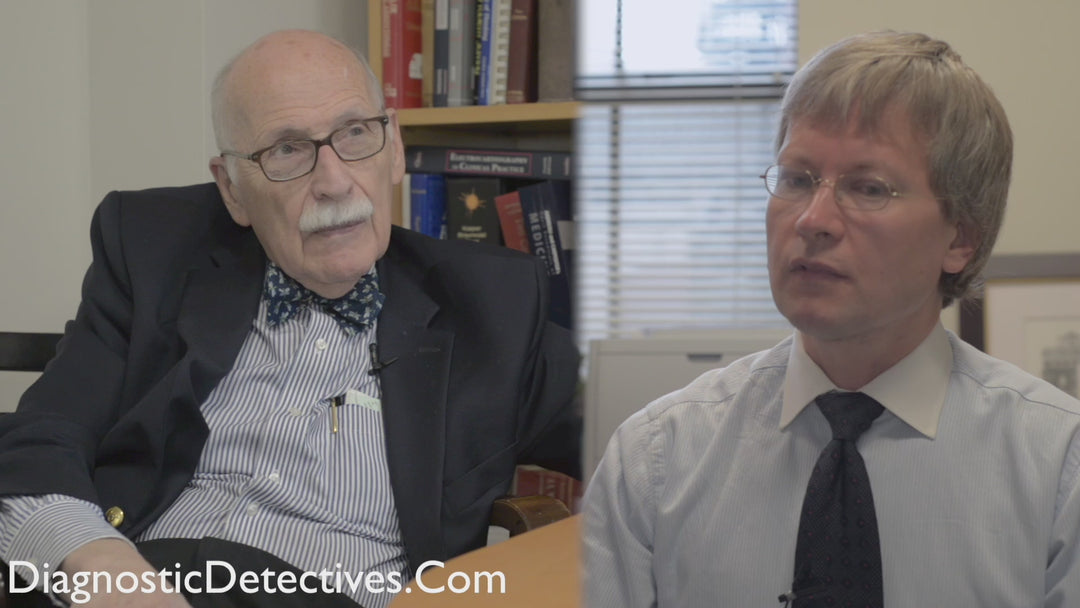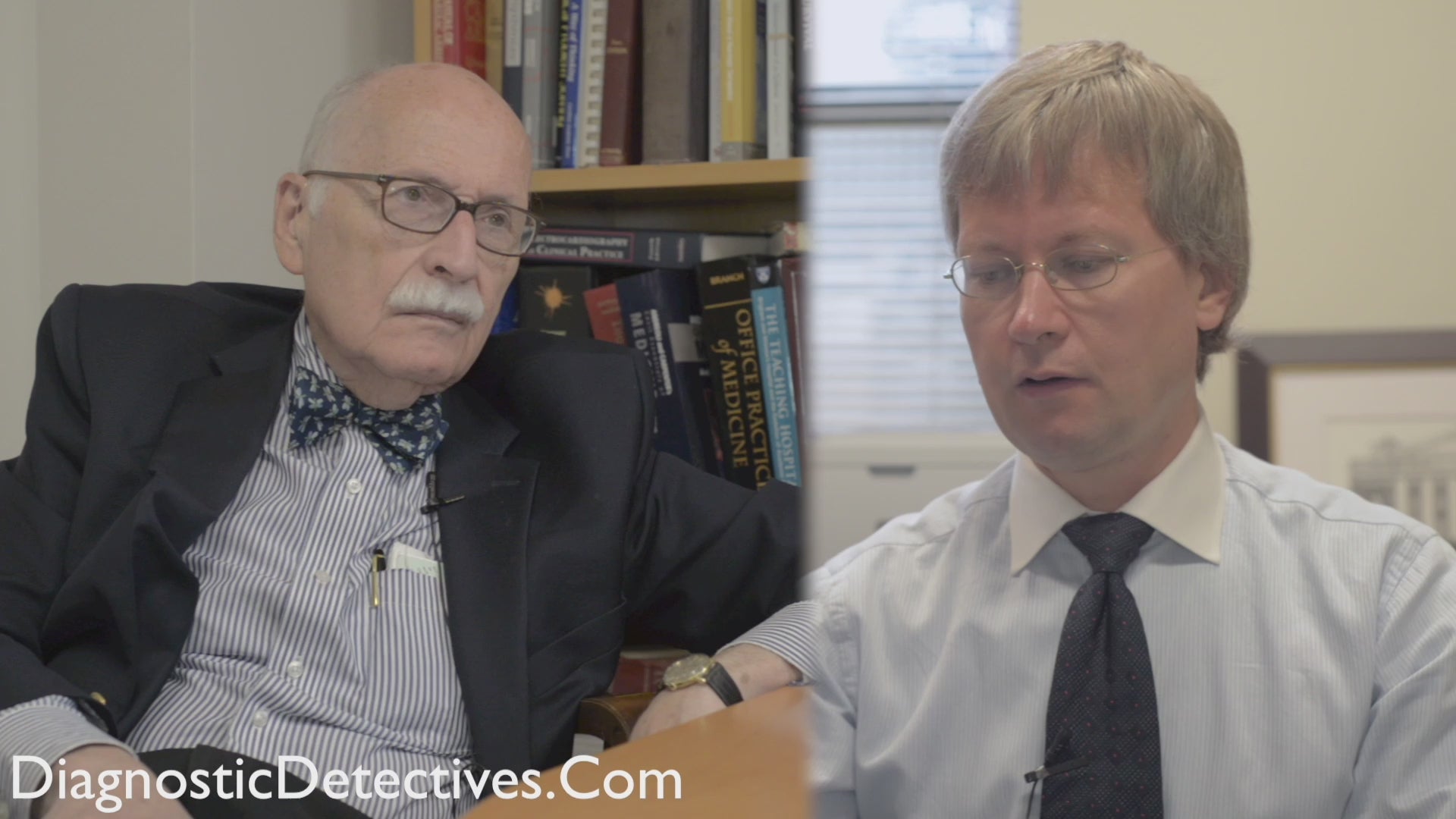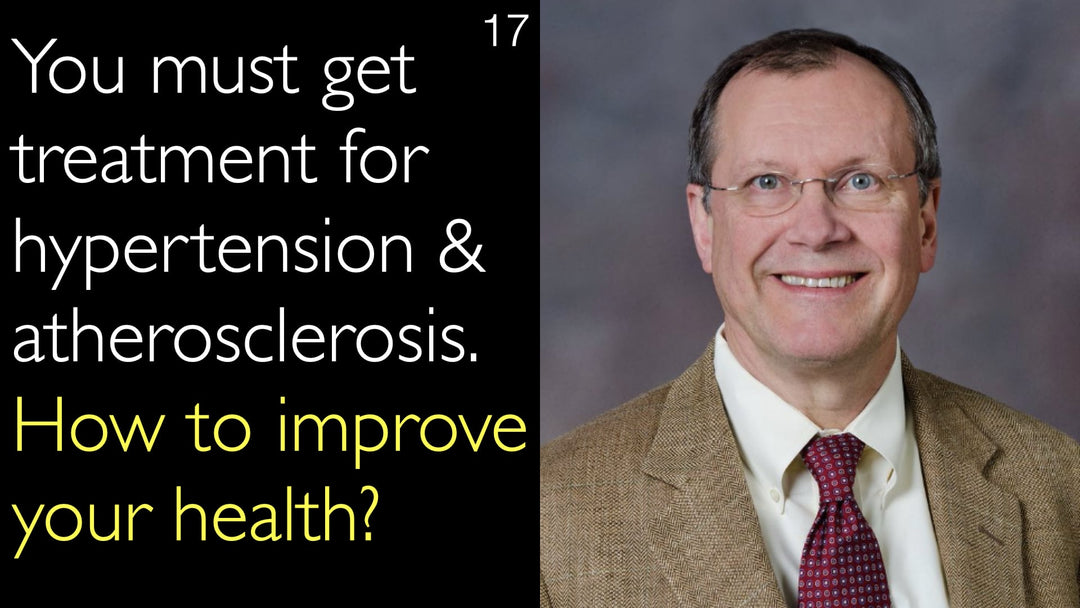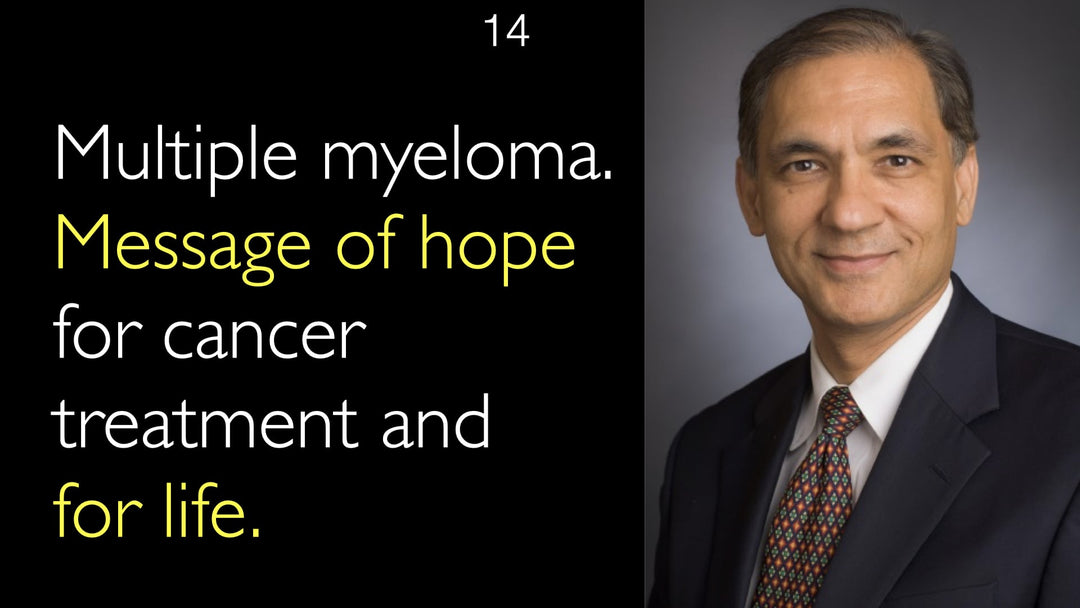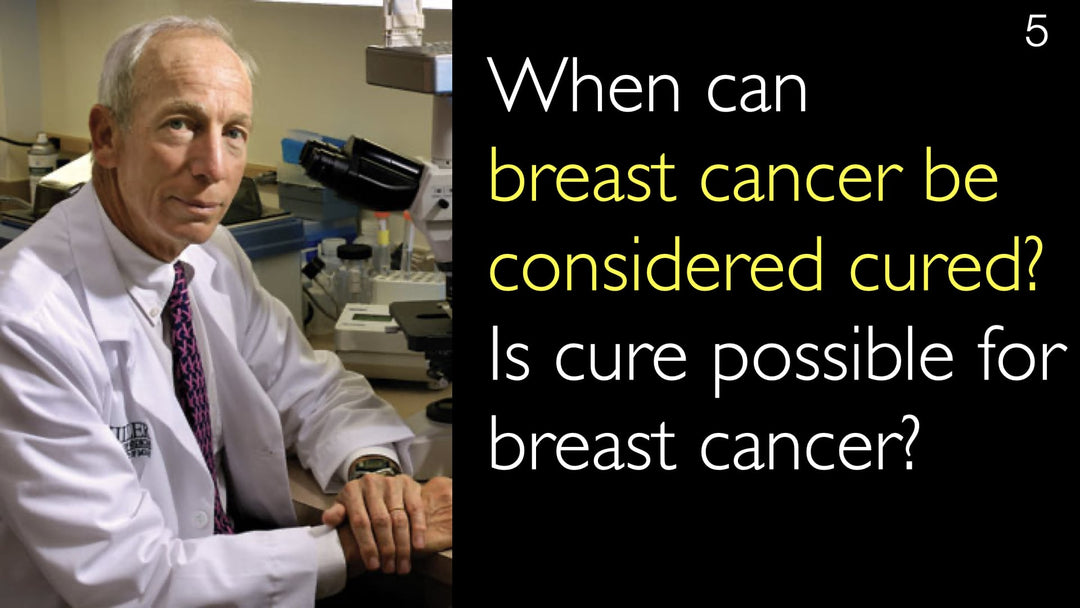O renomado especialista em medicina interna, Dr. Marshall Wolf, MD, analisa a crise de escassez de médicos de atenção primária. Ele revela que apenas 12% dos residentes em medicina interna planejam seguir essa carreira. Segundo Dr. Wolf, remuneração mais atrativa, prestígio e carga horária são os principais fatores que levam os médicos a optarem por subespecialidades. Ele defende uma solução sistêmica que eleve os salários dos profissionais de atenção primária, espelhando políticas bem-sucedidas já implementadas no Reino Unido.
Como Resolver a Escassez de Médicos de Atenção Primária: Incentivos e Reforma Sistêmica
Navegar para a Seção
- A Crise da Atenção Primária e a Medicina de Concierge
- Estatísticas Alarmantes sobre Residentes de Medicina Interna
- Por que as Subespecialidades Atraem Mais Médicos
- A Solução Britânica: Um Modelo para Mudança
- Uma Anedota Pessoal sobre Disparidade Salarial Médica
- O Caminho para a Reforma Sistêmica e o Cuidado Racional
- Transcrição Completa
A Crise da Atenção Primária e a Medicina de Concierge
O Dr. Marshall Wolf, MD, inicia a discussão destacando uma tendência preocupante na saúde moderna: muitos médicos de atenção primária estão restringindo sua prática à "medicina de concierge". Esse modelo permite que ofereçam um atendimento mais dedicado a um grupo menor de pacientes. No entanto, essa mudança tem um impacto negativo significativo para a população em geral, já que um grande número de pacientes passa a ter cada vez menos tempo de contato presencial com seus médicos. O Dr. Anton Titov, MD, levanta então a questão crucial: qual seria a solução para esse relacionamento médico-paciente em deterioração?
Estatísticas Alarmantes sobre Residentes de Medicina Interna
A conversa toma um rumo surpreendente com uma estatística reveladora. O Dr. Marshall Wolf, MD, cita um artigo recente do American Journal of Family Medicine, que mostra que apenas 12% dos médicos que concluem a residência em medicina interna nos Estados Unidos desejam atuar como clínicos gerais. Isso significa que impressionantes 88% desses residentes optam por seguir subespecialidades médicas. Esse problema na formação profissional alimenta diretamente a crescente escassez de clínicos gerais e médicos de família, criando um desequilíbrio fundamental na força de trabalho em saúde que prejudica o acesso dos pacientes aos cuidados.
Por que as Subespecialidades Atraem Mais Médicos
O Dr. Marshall Wolf, MD, é enfático ao explicar as razões por trás desse desequilíbrio na escolha de carreira. Ele identifica três incentivos poderosos que afastam os novos médicos da atenção primária: os subespecialistas desfrutam de maior prestígio dentro da comunidade médica, costumam ter jornadas de trabalho mais controláveis e, o mais significativo, ganham "muito mais dinheiro". Essa disparidade financeira não é pequena — mais adiante, o Dr. Wolf ilustra a situação com uma história pessoal, comparando seu salário anual como clínico com os ganhos mensais de um oftalmologista.
A Solução Britânica: Um Modelo para Mudança
O Dr. Marshall Wolf, MD, propõe uma solução clara e já testada para esse problema sistêmico. Ele destaca a abordagem bem-sucedida adotada no Reino Unido, onde as autoridades de saúde tomaram a decisão política de aumentar consideravelmente a remuneração dos médicos de atenção primária. Essa intervenção financeira teve um resultado direto e positivo, fazendo com que muitos médicos generalistas optassem por permanecer na área. O Dr. Wolf defende que os Estados Unidos sigam esse exemplo para garantir um número adequado de médicos de atenção primária.
Uma Anedota Pessoal sobre Disparidade Salarial Médica
Para destacar a gravidade da diferença salarial, o Dr. Marshall Wolf, MD, compartilha uma história reveladora. Um de seus pacientes, também médico e autor de um livro sobre sistemas de saúde, certa vez o acusou de nunca falar sobre dinheiro. O Dr. Wolf respondeu que considerava ter o melhor emprego na medicina acadêmica americana e nunca esperou enriquecer. No entanto, pressionado, admitiu que achava injusto seu salário anual como clínico sênior equivaler ao que um oftalmologista ganhava em um único mês. A resposta do paciente foi surpreendente: ele se disse espantado por o Dr. Wolf ganhar "tanto", evidenciando expectativas profundamente distorcidas.
O Caminho para a Reforma Sistêmica e o Cuidado Racional
O Dr. Marshall Wolf, MD, mantém-se otimista quanto à possibilidade de mudança, apesar dos desafios atuais. Ele reconhece que a medicina americana está em um momento de instabilidade devido a fatores políticos, mas acredita que, no futuro, o sistema se tornará mais racional. As pessoas perceberão a necessidade fundamental de ter mais médicos de atenção primária do que subespecialistas, o que forçará uma reavaliação dos incentivos financeiros no setor. O Dr. Wolf conclui afirmando que, embora não seja fácil, há recursos suficientes no sistema — o problema é que estão mal distribuídos, privilegiando especialidades procedimentais em detrimento do cuidado integral.
Transcrição Completa
Dr. Anton Titov, MD: Muitos médicos de atenção primária nos Estados Unidos — e também em outros países — agora limitam sua atuação à "medicina de concierge". Os médicos querem oferecer um atendimento de melhor qualidade, mas, por outro lado, muitos pacientes têm cada vez menos tempo de contato presencial com seus médicos e menos oportunidades de consultas. Qual seria a solução para essa situação?
Dr. Marshall Wolf, MD: Essa é uma questão importante. Recentemente, o American Journal of Family Medicine publicou um dado alarmante: apenas 12% dos residentes de medicina interna nos EUA querem atuar como clínicos ou médicos de atenção primária. Os outros 88% preferem seguir subespecialidades. A razão é simples: os subespecialistas têm mais prestígio, horários melhores e ganham muito mais. Para resolver isso, precisamos fazer como a Grã-Bretanha, que aumentou significativamente os salários dos médicos de atenção primária e assim atraiu mais profissionais. Precisamos agir nesse sentido. Quando há poucos médicos, eles ficam sobrecarregados; quando há número suficiente, a profissão se torna mais sustentável.
Dr. Marshall Wolf, MD: Vou contar uma história curiosa. Um paciente meu, que era médico e escreveu um livro sobre sistemas de saúde comparativos, me questionou certa vez sobre por que eu nunca falava de dinheiro. Respondi que considerava meu trabalho na medicina acadêmica excelente e nunca esperei ficar rico. Mas, pressionado, admiti que achava injusto ganhar em um ano o mesmo que um oftalmologista ganha em um mês. Ele ficou surpreso e disse que eu já ganhava "muito". São as expectativas! Se pagamos um décimo a um clínico do que a um oftalmologista, não podemos nos surpreender quando todos preferem oftalmologia. Mas é a medicina interna que cuida de tudo!
Dr. Marshall Wolf, MD: É irônico: na medicina, pagam mais para quem mexe as peças do que para quem enxerga o tabuleiro inteiro. Como um maestro!
Dr. Anton Titov, MD: Você acha que isso vai mudar?
Dr. Marshall Wolf, MD: Espero que sim. A medicina americana está em transformação devido ao cenário político, mas em algum momento teremos um sistema mais racional. As pessoas vão perceber que precisamos de mais médicos de atenção primária e ajustar os incentivos financeiros. Não será fácil, mas há dinheiro suficiente — só está mal distribuído, favorecendo quem faz procedimentos em vez de quem cuida de forma abrangente.
O Dr. Marshall Wolf relata uma história marcante sobre os incentivos financeiros na saúde moderna.


